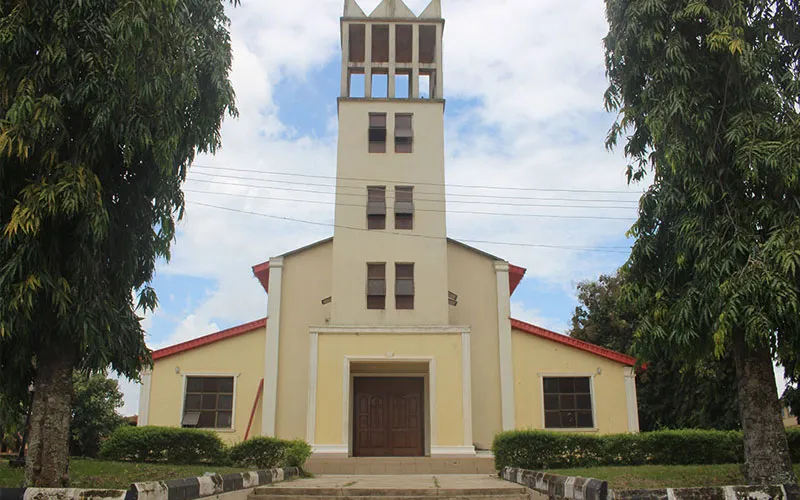Ondo, 17 April, 2023 / 8:31 pm (ACI Africa).
The ongoing attacks against Christians in Nigeria are not a clash over resources between Muslim herders and Christian farmers, the Catholic foundation Denis Hurley Peace Institute (DHPI) has said.
In a report shared with ACI Africa, DHPI Director, Johan Viljoen, highlights recent attacks on churches and Christians in Nigeria, which escalated during the Holy Week, saying that the attacks are nothing but religious.
In the report, Mr. Viljoen says that the last year Pentecost Sunday (5 June 2022) attack on St Francis Xavier Church in Ondo State in which over 40 people were killed ignited fear among Christians of being targeted during religious holidays.
“Since the attack on St Francis last year at Pentecost, there has been fear in Christian churches in Nigeria about religious holidays with congregants wondering if they are the next easy target for terrorists. This week that fear proved true, with so many attacks on different churches and safe havens,” the Director of the peace entity of the Southern African Catholic Bishops’ Conference (SACBC) says in the April 14 report.
He adds, “This concentration of attacks on Christians during the holiest week of the year gives weight to the assertion that these attacks are religious attacks, not so much about pastoral land and agricultural access.”








